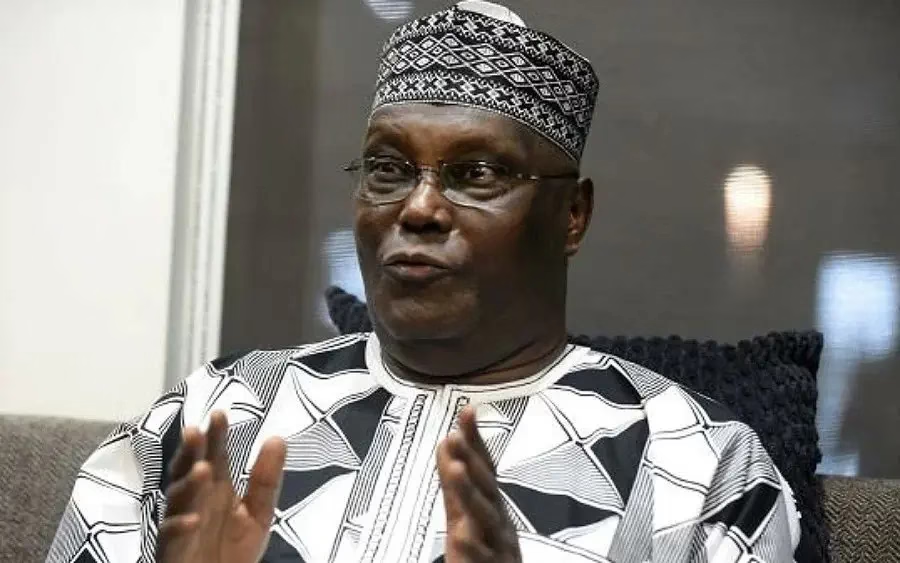Former Nigerian Vice President Atiku Abubakar has accused the ruling All Progressives Congress (APC) of undermining electoral integrity ahead of the 2027 general elections. The opposition leader’s allegation centers on the recent appointment of Prof. Nentawe Yilwatda, formerly the head of the Information Technology (IT) Department at Nigeria’s Independent National Electoral Commission (INEC), as the APC’s new National Chairman. Yilwatda, who previously served as Minister of Humanitarian Affairs, now holds a pivotal role in steering the ruling party’s strategy.
Atiku, the 2023 presidential candidate for the Peoples Democratic Party (PDP), described the move as “deeply troubling,” arguing that it signals the APC’s intent to manipulate electoral processes. “This isn’t just any ordinary appointment,” he stated. “Yilwatda’s background in INEC’s IT division—a department critical to managing voting systems—raises serious concerns about the ruling party’s commitment to fair elections.” The PDP leader accused the APC of prioritizing electoral malpractice over democratic accountability, claiming the party seeks to “rig the upcoming election” rather than compete based on governance achievements.
The controversy comes amid lingering tensions over Nigeria’s 2023 polls, which opposition groups and international observers criticized for logistical flaws and transparency gaps. Atiku, who lost the election to APC’s Bola Tinubu, has repeatedly challenged the results in court, alleging irregularities. His latest remarks reflect growing anxiety among opposition figures about systemic advantages favoring the ruling party.
Highlighting the stakes, Atiku urged rival parties to unify, warning that internal divisions would empower those seeking to “cling to power.” His call for solidarity underscores Nigeria’s increasingly polarized political climate, where accusations of foul play often overshadow policy debates. As the 2027 race gradually takes shape, the APC’s strategic appointments and the opposition’s response are likely to dominate discourse around electoral reform and institutional trust.
Neither the APC nor Yilwatda has publicly responded to the allegations. However, analysts note that the appointment of a former INEC technocrat to a high-ranking party role could fuel perceptions of conflicts of interest, particularly in a nation where electoral credibility remains a persistent challenge. With over three years until the next vote, Atiku’s accusations have intensified scrutiny of how Nigeria’s political heavyweights position themselves in a landscape where public confidence in elections is fragile.
